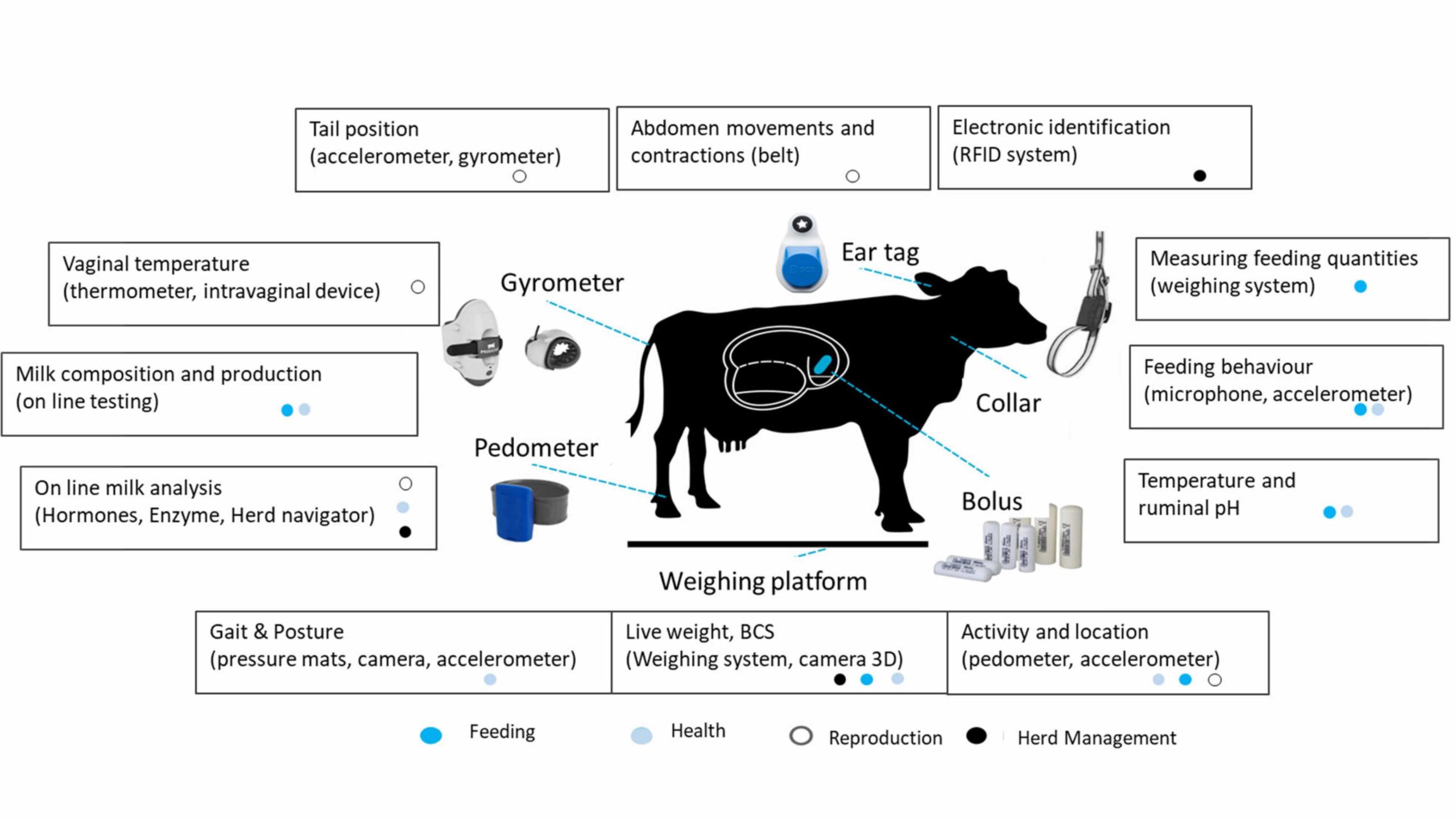Farmers, especially smallholders, are better off working collectively. That’s the idea behind agricultural cooperatives, a concept that has been around almost as long as farming itself.
Today, especially in the developing world, these collectives can be so beneficial—on an economic, social, and even political level—that they can help to lift the poor out of poverty. When farmers band together, for example, they can bargain with buyers for better prices or buy and share expensive agricultural equipment.
To draw attention to the importance of these collectives, the theme of this year’s World Food Day -October 16- is agricultural cooperatives.
Collective action needs international attention because farmer associations collectives don’t always thrive. Sometimes they don’t have the political power necessary to make their decisions stick. Sometimes distrust or miscommunication among farmers stalls group progress. Even when they do work, they can falter when, for example, groups must adjust to new political or economic realities—such as the establishment of a liberalized market economy, as was the case in Uganda.
IFPRI’s extensive research on agricultural cooperatives examines the diverse challenges facing these farmers groups in specific countries and regions and develops solutions to these problems to that can help make agricultural cooperatives them work. The following are some recent examples of IFPR’s research in this area:
- The Renewed Case for Farmers’ Cooperatives (IFPRI Discussion Paper)
- Revival of agricultural cooperatives in Uganda Uganda Strategy Support Program Policy Note)
- Why a few agricultural cooperatives survived the crisis in the cooperative movement in Uganda while many others collapsed (Uganda Strategy Support Program Policy Paper)







